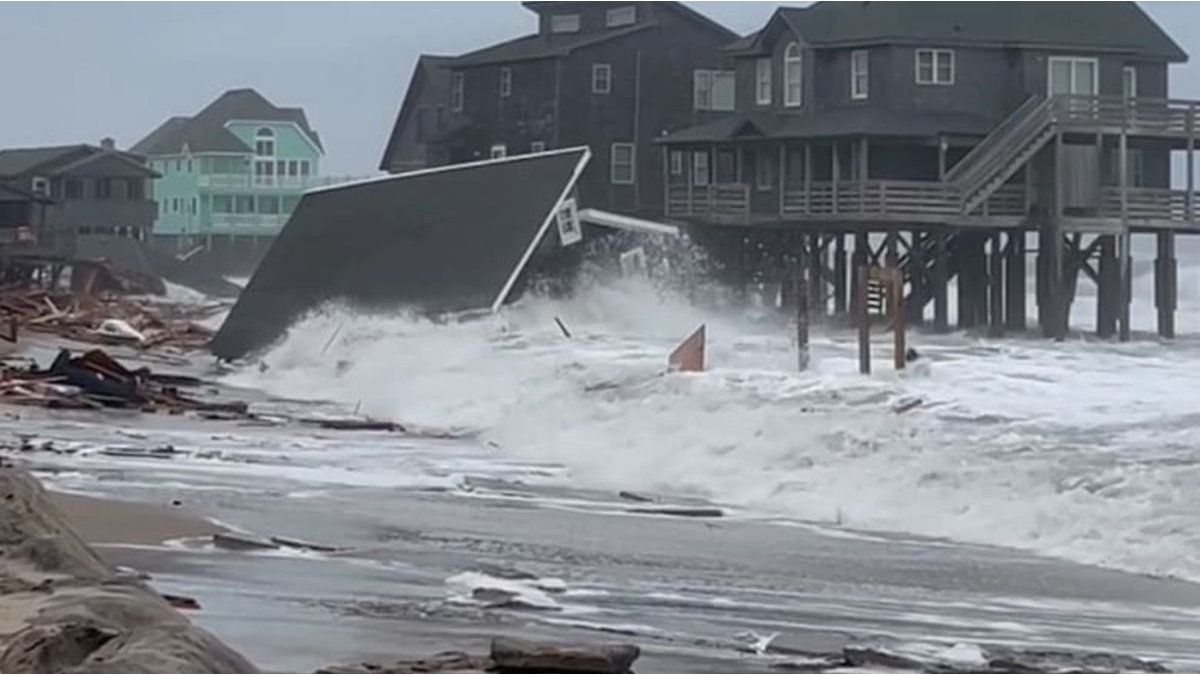Image: State of Upper Austria
This is the premier class, said Environment Councilor Stefan Kaineder, confirming BMW’s progress in reducing raw material consumption after a visit to the Steyr engine plant. The OÖN accompanied him. “It is a gigantic task that is being tackled,” said Kaineder after the local inspection, “because nothing is easy in this transformation, both in terms of switching from combustion engines to electric motors and in improving raw material management.”
Klaus von Moltke, managing director of the BMW Steyr location, “fed” the Green politician with some impressive figures before the tour of the new factory hall: The 4,500 employees at the location, including around 700 in development, produce around 1.1 million engines per year. The Steyr plant’s sales amount to 3.6 billion euros. Since the groundbreaking in 1979, around eight billion euros have been invested at the site, says Moltke: “That corresponds to one million euros per working day.”
The figures that the plant boss gave for the path towards climate neutrality and resource conservation are just as impressive. From 2025, 600,000 electric motors are to be produced annually in Steyr, with an investment of one billion euros.
“We currently recycle around 12,500 tons of metal shavings per year,” said Moltke, “which is more than the weight of the Eiffel Tower.” And BMW also plays a pioneering role when it comes to water consumption: the 60,000 liters of wastewater per day are completely reused in a circular system.
The engine plant’s annual energy requirement is 249 gigawatt hours (GWh), which corresponds to the annual consumption of 58,600 households or around 130,000 residents. For comparison: Almost 38,000 people live in Steyr. 80 percent of the energy used comes from renewable sources, and 100 percent for electricity. However, all energy consumption should be CO2-neutral by 2025. Since the Aichelin furnace was demolished – BMW has since relied on induction hardening – natural gas has no longer been used in the engine plant.
“We have helped promote the end of the use of fossil energy in process heat,” said Kaineder. 500,000 euros came from the federal government and 100,000 from the state of Upper Austria.
My themes
For your saved topics were
new articles found.

info By clicking on the icon you can add the keyword to your topics.
info
By clicking on the icon you open your “my topics” page. They have of 15 keywords saved and would have to remove keywords.
info By clicking on the icon you can remove the keyword from your topics.
Add the topic to your topics.
Source: Nachrichten




